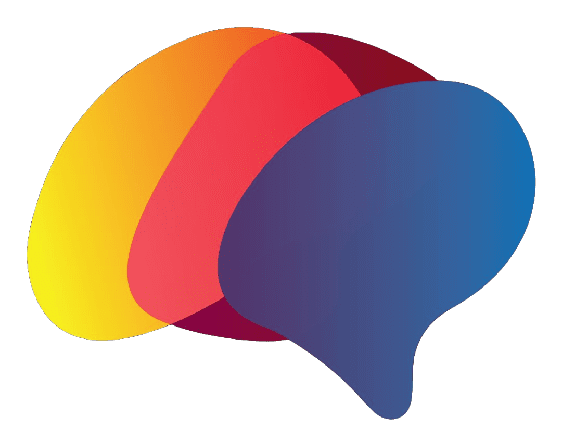Autism spectrum disorder (ASD) is a neurodevelopmental disorder that affects communication and social interaction, as well as repetitive behaviors and limited interests. It is a complex disorder whose severity and manifestations vary among individuals.
Here are some key points about autism spectrum disorder:
Communication and social interaction: People with autism may face challenges in social interactions and communication. They may have difficulty understanding and responding to social cues, maintaining eye contact, engaging in reciprocal conversations, or understanding nonverbal communication such as gestures or facial expressions.
Restricted and repetitive behaviors: People with autism often show repetitive behaviors or specific interests. This can include repetitive movements (eg, hand waving, waving), insistence on routines and sameness, intense focus on specific subjects or objects, or sensory sensitivities (over- or under-reaction to sensory stimuli). be
Sensory sensitivities: Many people with autism have sensory sensitivities, meaning they may be oversensitive or undersensitive to certain sensory stimuli (such as sounds, textures, lights). This can lead to seeking or avoiding certain sensory experiences.
Diagnosis and Evaluation: Autism is usually diagnosed through a comprehensive evaluation conducted by a team of professionals including psychologists, pediatricians, and speech-language pathologists. This assessment considers the individual’s developmental history, behavior, and social communication skills.
Early intervention: Early intervention is very important for people with autism. The earlier interventions are started, the greater the chance of improving outcomes. Early interventions may include treatments and supports that target communication, social skills, behavior management, and adaptive functioning.
Treatment and support: There is no known cure for autism, but a range of interventions and supports can help people with autism reach their full potential. These may include speech therapy, occupational therapy, behavior therapy (eg, applied behavior analysis), social skills training, educational support, and assistive technologies.
Individual differences: It’s important to remember that autism is a spectrum disorder, meaning that people with autism vary widely in their strengths, challenges, and support needs. Each person with autism is unique and should be treated as an individual.
Supportive environment: Creating a supportive and inclusive environment for people with autism is very important. This includes providing facilities, understanding and accepting their differences, promoting social inclusion and supporting their needs.
It is important to note that our understanding of autism is constantly evolving and research and clinical practice are subject to change. If you have concerns about autism or are looking for support for yourself or a loved one, it is recommended that you consult with qualified professionals such as psychologists, developmental pediatricians or autism specialists who can provide accurate and up-to-date information and guidance. . . Speech therapy is an important intervention for people with autism spectrum disorder (ASD). While autism is mainly characterized by challenges in communication and social interaction, speech therapy can help address specific communication problems and support overall communication development.
Here’s how speech therapy can help people with autism:
Language development: Speech therapy focuses on improving language skills, including vocabulary, sentence structure, and reading comprehension. The therapist can use visual supports, structured activities, and individualized approaches to help individuals with autism develop their language abilities and increase their ability to express themselves.
Social communication skills: People with autism often struggle with social communication, such as understanding nonverbal cues, maintaining conversations, and using appropriate social language. Speech therapy can target these areas, teaching practical language skills, turn taking, interpreting facial expressions, and understanding social rules to improve interactions and social relationships.
Speech production: Some people with autism may have problems producing speech sounds, including articulation problems or unusual speech patterns. Speech therapy can provide targeted exercises and techniques to improve speech clarity and understanding and help people communicate more effectively.

